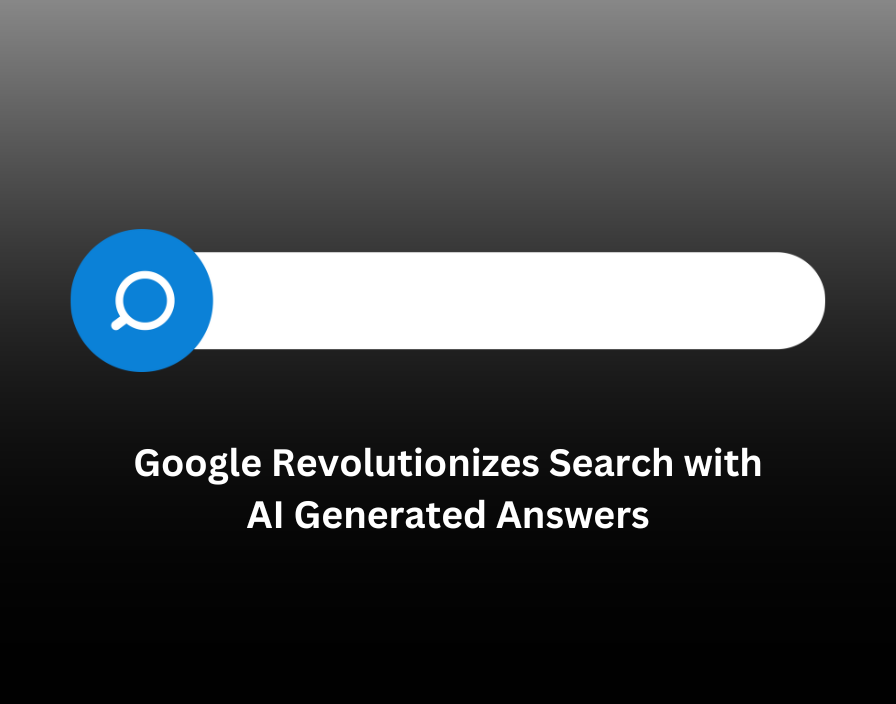How AI can Boost your Business

Over the past few years, the field of artificial intelligence (AI) has made rapid advancements, empowering robots with unprecedented capabilities through machine learning. However, the recent explosion of AI can be largely attributed to its increased accessibility. Today, businesses of all sizes are integrating generative AI into their daily operations, and technology vendors are incorporating AI into their products. This article explores the various ways businesses can leverage AI and the benefits they can gain from its adoption.
How you can use AI in your business:
One of the remarkable aspects of AI is its versatility, enabling its application in various business domains. Currently, more than half of businesses employ AI applications in customer service, while 30% utilize it for accounting. Other uses include virtual personal assistants, cybersecurity, inventory management, service personalization, supply chain operations, and recruitment. AI is already disrupting sectors such as manufacturing, logistics, sales, and customer experience. Its continued development is expected to have a significant impact on nearly every industry.
The AI Revolution in Business:
The adoption of AI in business extends beyond simple chatbot implementations. For example, energy supplier Octopus Energy integrated ChatGPT into its customer service channels, resulting in AI handling 44% of customer inquiries. FedEx, a leading delivery firm, uses predictive analysis to identify customers who may be at risk of switching to competitors with an accuracy rate of up to 90%. These examples illustrate the depth of AI's application in business processes.
5 Benefits of AI in Business:
AI software boosts sales:
AI technology leverages data and insights to enhance conversion rates. Software like Gong and Chorus can analyze sales calls, identifying variables that contribute to successful closures. These insights can improve communication with customers and increase conversion rates.
AI automation software enhances engagement and productivity:
AI applications enable the automation of routine administrative tasks, freeing up employees' time for more valuable assignments. Accounting software can streamline invoice and inventory processes, while virtual assistants can handle scheduling and other administrative duties.
AI software can reduce human errors:
Robotic process automation (RPA) tools excel at standardizing processes and minimizing human errors. By collecting, analyzing, and learning from vast amounts of data, RPA tools improve consistency and speed in tasks such as accounting, time management, and reporting.
AI improves customer service:
AI enables businesses to collect and analyze customer data, providing insights that enhance customer service. Artificial neural networks (ANN) utilize machine learning to analyze language and address customers' needs more efficiently. Chatbots, powered by ANN, offer context-based answers and can integrate with CRM and ERP software.
Achieve higher ROI with AI:
AI applications facilitate the collection and analysis of large consumer datasets, empowering businesses to create effective marketing strategies, optimize messaging, and enhance customer engagement. These factors ultimately drive increased sales and generate higher returns on investment.
Final Thoughts:
While the benefits of AI are significant, experts suggest that rather than replacing humans, AI can augment human productivity. By assigning tedious or hazardous tasks to robots, businesses can optimize human potential and create more fulfilling work environments. the rapid development and accessibility of AI have revolutionized the business landscape. From boosting sales and productivity to reducing errors and improving customer service, AI offers numerous advantages across various industries. Embracing AI enables businesses to stay competitive and harness the full potential of this transformative technology.




